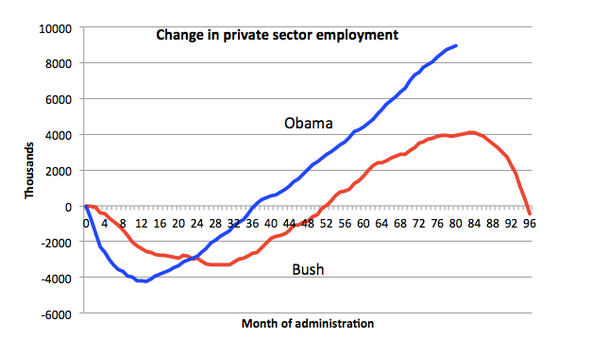Washington Post writer Fritz Hahn is freaking out that the U.S. now has more breweries than ever:
As of Dec. 1, 2015, the Brewers Association had counted 4,144 breweries in the United States, the most ever operating simultaneously in the history of the country. According to historians, the previous high-water mark of 4,131 was set in 1873.
Even when they are given a chance, some small brewers have expressed frustration with the way beer bars order products. Instead of buying three kegs of a new beer and running through them all, as it might have done when local beers were a novelty, a bar tends to buy a keg and, once it’s empty, fill the draft line with a competitor’s product, and then another one, and so on, before rotating back to the first brewery’s beer weeks or months later.
Many in the beer industry pin their hopes for small breweries on localization: the idea that consumers would rather drink beers made down the road than across the country. Lary Hoffman, who co-owns Galaxy Hut in Arlington and Spacebar in Falls Church with his wife, Erica, prefers to stock most of the taps with Virginia breweries, such as Blue Mountain, Champion and Three Notch’d. “You can get any style of beer locally now, and the quality is on par with the best beer in the world, so why not seek out the regional option?” he asks. A handful of national brands, including Bell’s and Avery, show up on the 28 taps at Galaxy Hut and the 24 at Spacebar, but they’re the exception. Customers would be angry “if our draft lineup looked like a Safeway shelf,” Hoffman says.
So, the problem seems to be, too much choice? Yeah, I'm not sure that's something we need to solve. Of course it can be daunting to look at a beer list from a place like Beer Bistro or The Green Lady. That's a problem we want. I lived through the 1980s and early 1990s, when we had maybe four "craft" breweries including Anchor Steam and Sam Adams. I'd rather live today, thank you.
Too many interesting things to read today. I've got some time between work and Bel Canto to get through them:
I have not read Bel Canto, though I understand it's loosely based on an actual historical event. I also haven't ever heard anything from composer Jimmy López before, since it only permiered last month. Friends who work for the Lyric tell me it's pretty good. I'll find out in a few hours.
First, from the scientist behind Deeply Trivial, a Times report that giving people money to answer survey questions makes their answers more accurate:
[W]hen you ask people about the economy, the answers are less a statement of objectivity and more like what they’d say if you’d asked which pro football team was the best. That has important implications for democracy. How can people judge whether a party is effective if there is no sense of objective truth? And it could even have implications for the economy itself if, for example, conservative-leaning business executives freeze hiring or investment when the president doesn’t share their politics.
[W]hen money was added to the equation, questions about the economy became less like asking people which football team they thought was best, and more like asking them to place a wager. Even a little bit of cash gets people to think harder about the situation and answer more objectively.
“People are not telling you what they actually believe in ordinary surveys,” [researcher John G. Bullock at the University of Texas at Austin] said. “With a payment, we’re eliciting not necessarily thoughtful responses, but more sincere responses.”
In the same newspaper, Paul Krugman demonstrates that a right-wing trope about academia doesn't mean what they think it means:
Overall, the evidence looks a lot more consistent with a story that has academics rejecting a conservative party that has moved sharply right than it does with a story in which academics have moved left.
Now, you might argue that academics should reflect the political spectrum in the nation — that we need affirmative action for conservative professors, even in science. But do you really want to go there?
No, you really don't.
There were some unexpected numbers over the Thanksgiving weekend:
- Trip down: 562 km, 4 hours 57 minutes; trip back: 561 km, 5 hours 53 minutes. We call that effect "Chicago Sunday-evening traffic."
- Gasoline price: $2.16/gal for 93 octane (which my car requires)—the lowest price I've paid for gas since buying the car, less than half what I paid last Thanksgiving, and in real terms, the lowest price I've ever paid for gas. (In 1989 I once paid $1.11 per gallon, which is $2.17 adjusted for inflation—but that was regular 87-octane fuel.)
- Steps, Thursday through Sunday: 19,901, giving me my worst Fitbit week ever. (My daily average is around 12,000.)
- Rainfall: 62 mm, Friday through Sunday, which explains the step deficit.
I also consumed an unusual quantity of potatoes and turkey.
Krugman destroys the myth of Job-Killing Obama:

And yes, I'm back in Chicago.